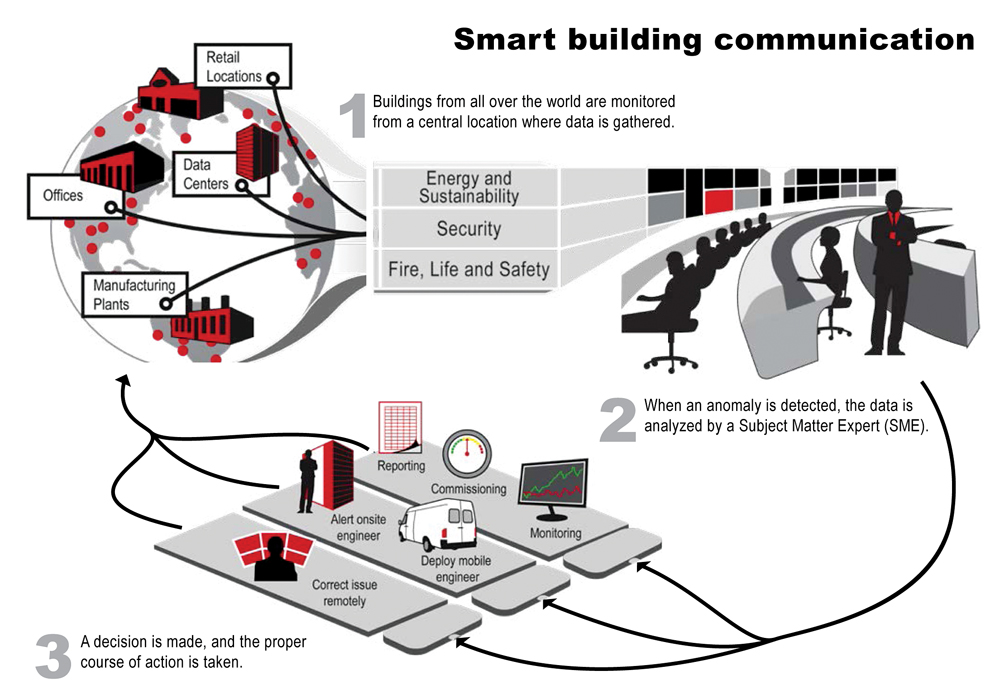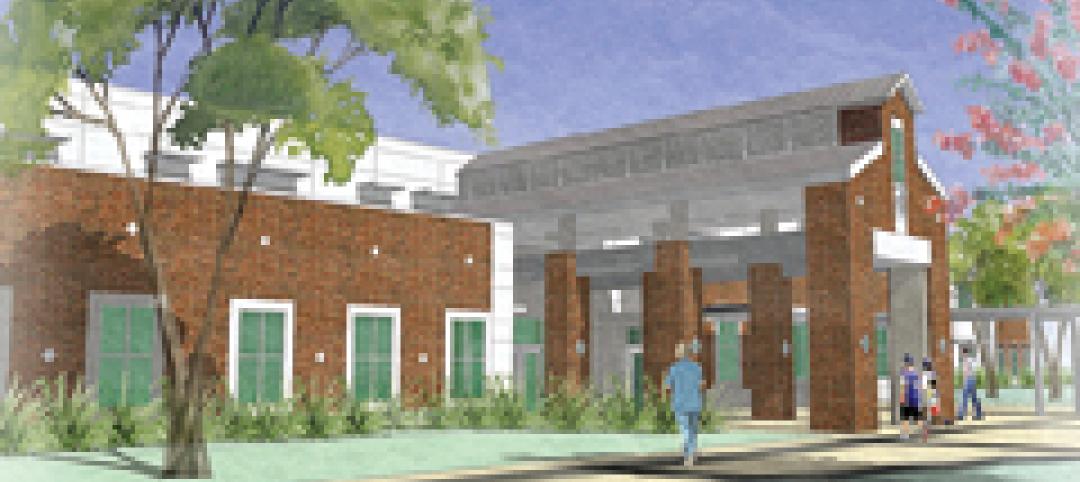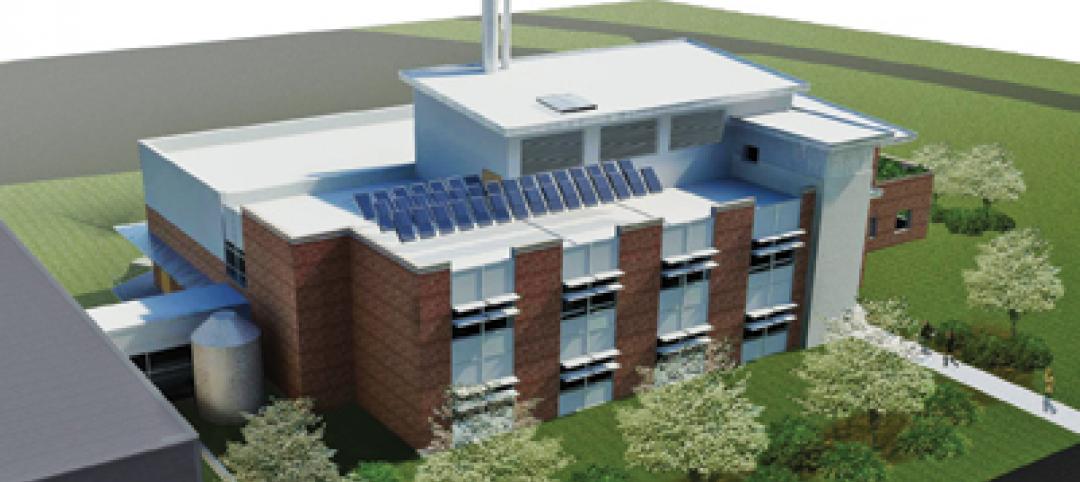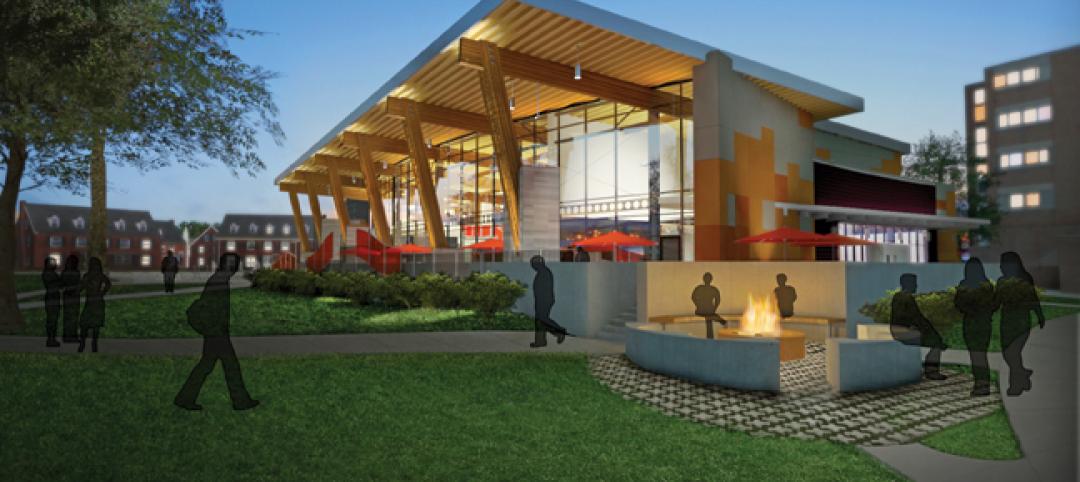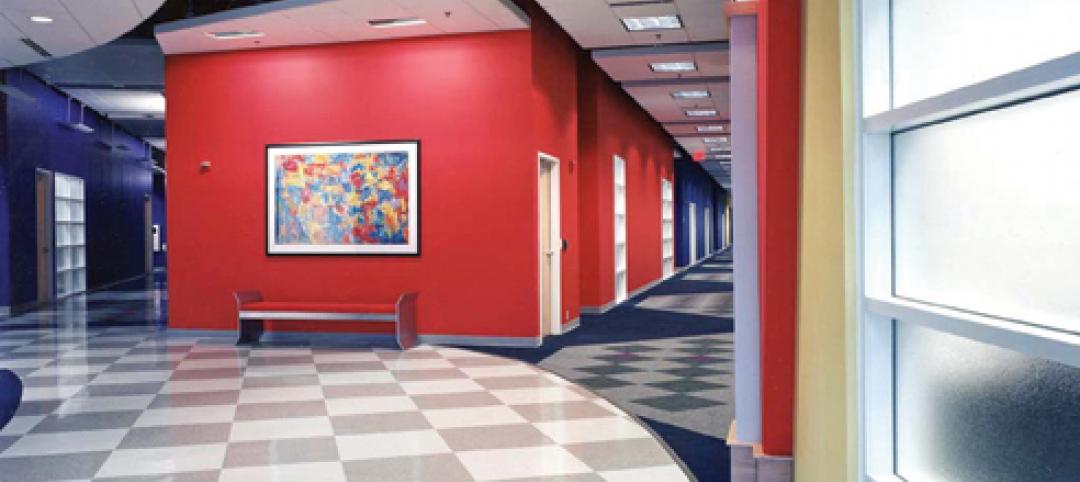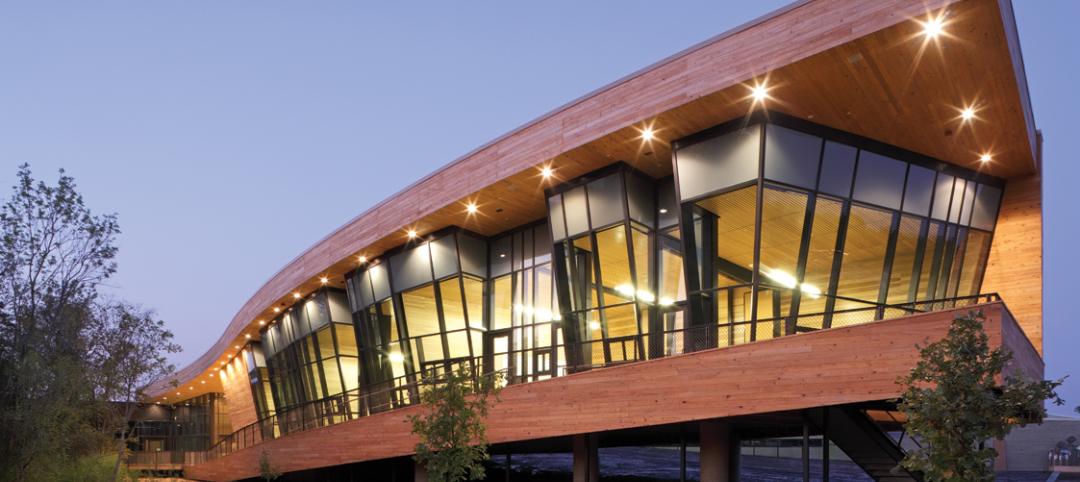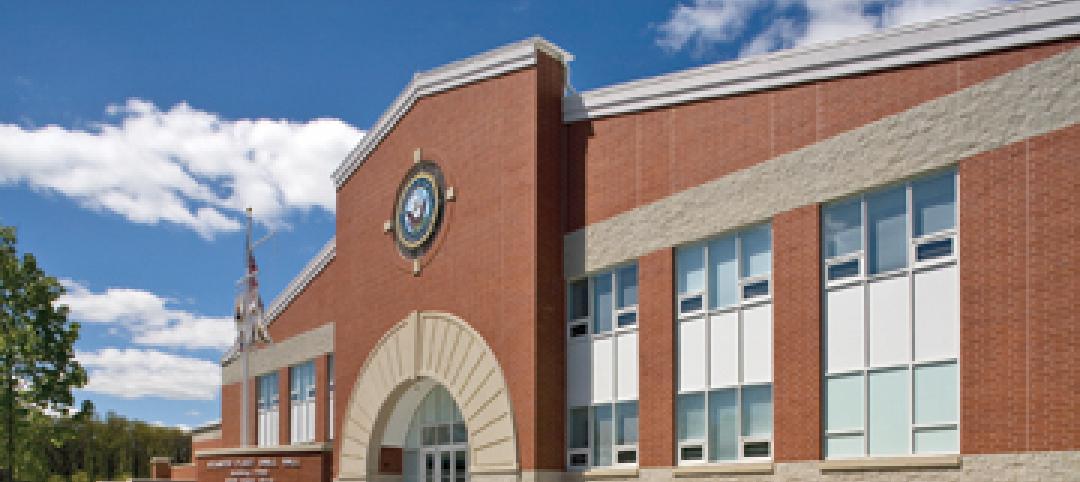Building automation systems and so-called “smart” controllers are nothing new. Building owners have been implementing remote monitoring and control systems for HVAC and lighting for decades. But with the cost of IT components like wireless sensors dropping and technologies like smart meters and cloud-based building management solutions coming on the market, a new era of connectivity and data generation is upon us.
The question becomes: How can commercial building owners leverage real-time, building-related data to more efficiently operate and maintain buildings? Can data analytics, for example, warn facilities teams about problems with equipment before they reach the point of failure? Can it detect subtle changes in fan speed, air temperatures, and energy consumption to trigger continuous adjustments to optimize equipment performance?
Real estate services giant Jones Lang LaSalle set out to answer these questions when it partnered with Pacific Controls to develop IntelliCommand, a 24/7 real-time remote monitoring and control service for its commercial real estate owner clients.
The service—which was pilot tested last year by Procter & Gamble on 12 of its buildings around the world, totaling 3.2 million sf—utilizes Pacific Controls’ wireless sensors to collect and send building performance data from various building automation systems to a remote command center operated by JLL. There, facilities operations experts who are well versed in data analytics and information technology are able to spot and diagnose anomalies that indicate a building system is not running efficiently.
The command center tracks data around the clock, allowing facilities experts to make constant adjustments to fine-tune building performance and address equipment problems before they become serious.
“We can do everything from test equipment to fix building controls remotely,” says Leo O’Loughlin, JLL’s Senior Vice President of Energy and Sustainability, who presented on the topic at BD+C’s BUILDINGChicago/Greening the Heartland conference in September. “For example, our command center has the ability to remotely test 500 VAV boxes in multiple buildings in multiple locations at 2 a.m. and then submit a work order for the 15 or 20 that need fixing.”
O’Loughlin calls JLL’s new service the future of commissioning—continuous, monitor-based commissioning versus the traditional approach of assess/diagnose/fix/let deteriorate. “It’s all about getting ahead of the maintenance curve,” he says.
The results from the P&G pilot test were impressive: energy costs were slashed by 10% across the 12 buildings in just 11 months, and the investment paid for itself in three months—all without implementing any major building system upgrades.
Managers were able to identify problems that manual inspections could not detect, according to O’Loughlin, including inaccurate thermostat default settings, a temperature anomaly indicating that a heater was operating when not needed, and room-to-room temperature differences that indicated malfunctioning dampers, triggering unnecessary air conditioning. The service saved 8% in energy costs at one pilot location simply by reducing HVAC activity on nights, weekends, and holidays.
“It makes smart buildings smarter,” says Larry Bridge, Global Facilities and Real Estate Governance Manager at P&G. Bridge is currently working with JLL to deploy IntelliCommand throughout its global real estate portfolio of 76 buildings. “Smart building technology is not just about energy cost savings,” he says. “We also get reliability improvements and more efficient work order production.”
Related Stories
| Nov 3, 2010
Senior housing will be affordable, sustainable
Horizons at Morgan Hill, a 49-unit affordable senior housing community in Morgan Hill, Calif., was designed by KTGY Group and developed by Urban Housing Communities. The $21.2 million, three-story building will offer 36 one-bed/bath units (773 sf) and 13 two-bed/bath units (1,025 sf) on a 2.6-acre site.
| Nov 3, 2010
Designs complete for new elementary school
SchenkelShultz has completed design of the new 101,270-sf elementary Highlands Elementary School, as well as designs for three existing buildings that will be renovated, in Kissimmee, Fla. The school will provide 48 classrooms for 920 students, a cafeteria, a media center, and a music/art suite with outdoor patio. Three facilities scheduled for renovations total 19,459 sf and include an eight-classroom building that will be used as an exceptional student education center, a older media center that will be used as a multipurpose building, and another building that will be reworked as a parent center, with two meeting rooms for community use. W.G. Mills/Ranger is serving as CM for the $15.1 million project.
| Nov 3, 2010
Chengdu retail center offers a blend of old and new China
The first phase of Pearl River New Town, an 80-acre project in Chengdu, in China’s Wenjiang District, is under way along the banks of the Jiang’an River. Chengdu was at one time a leading center for broadcloth production, and RTKL, which is overseeing the project’s master planning, architecture, branding, and landscape architecture, designed the project’s streets, pedestrian pathways, and bridges to resemble a woven fabric.
| Nov 3, 2010
Rotating atriums give Riyadh’s first Hilton an unusual twist
Goettsch Partners, in collaboration with Omrania & Associates (architect of record) and David Wrenn Interiors (interior designer), is serving as design architect for the five-star, 900-key Hilton Riyadh.
| Nov 3, 2010
Virginia biofuel research center moving along
The Sustainable Energy Technology Center has broken ground in October on the Danville, Va., campus of the Institute for Advanced Learning and Research. The 25,000-sf facility will be used to develop enhanced bio-based fuels, and will house research laboratories, support labs, graduate student research space, and faculty offices. Rainwater harvesting, a vegetated roof, low-VOC and recycled materials, photovoltaic panels, high-efficiency plumbing fixtures and water-saving systems, and LED light fixtures will be deployed. Dewberry served as lead architect, with Lord Aeck & Sargent serving as laboratory designer and sustainability consultant. Perigon Engineering consulted on high-bay process labs. New Atlantic Contracting is building the facility.
| Nov 3, 2010
Dining center cooks up LEED Platinum rating
Students at Bowling Green State University in Ohio will be eating in a new LEED Platinum multiuse dining center next fall. The 30,000-sf McDonald Dining Center will have a 700-seat main dining room, a quick-service restaurant, retail space, and multiple areas for students to gather inside and out, including a fire pit and several patios—one of them on the rooftop.
| Nov 2, 2010
11 Tips for Breathing New Life into Old Office Spaces
A slowdown in new construction has firms focusing on office reconstruction and interior renovations. Three experts from Hixson Architecture Engineering Interiors offer 11 tips for office renovation success. Tip #1: Check the landscaping.
| Nov 2, 2010
Cypress Siding Helps Nature Center Look its Part
The Trinity River Audubon Center, which sits within a 6,000-acre forest just outside Dallas, utilizes sustainable materials that help the $12.5 million nature center fit its wooded setting and put it on a path to earning LEED Gold.
| Nov 2, 2010
A Look Back at the Navy’s First LEED Gold
Building Design+Construction takes a retrospective tour of a pace-setting LEED project.
| Nov 2, 2010
Wind Power, Windy City-style
Building-integrated wind turbines lend a futuristic look to a parking structure in Chicago’s trendy River North neighborhood. Only time will tell how much power the wind devices will generate.



